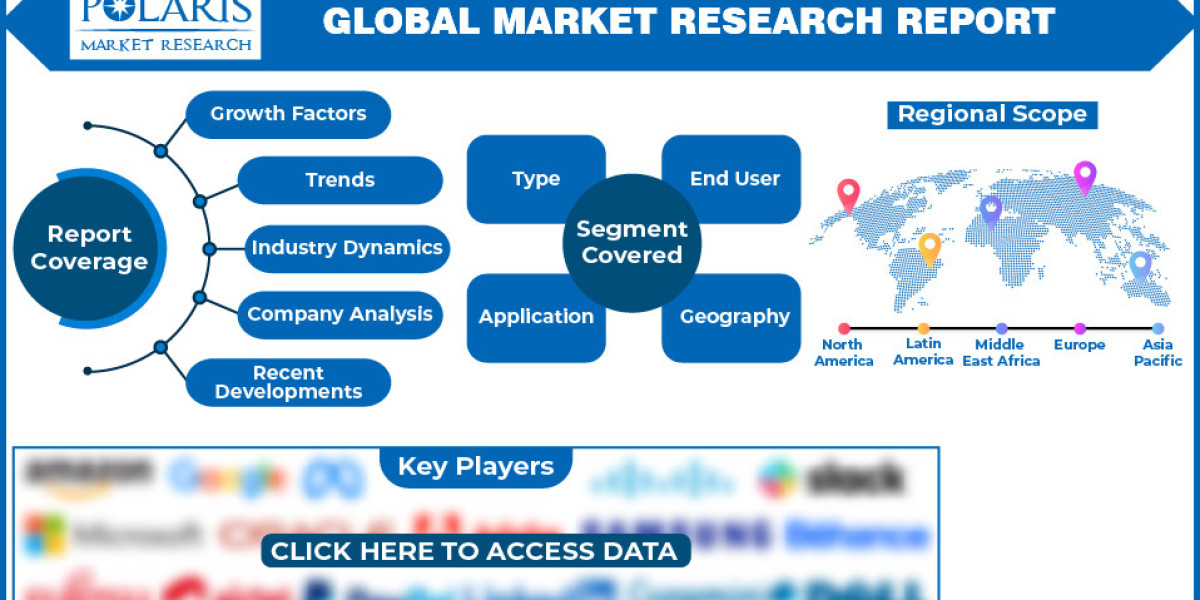Originally Published on: QuantzigBig Data Analytics for a Leading Probiotic Food Manufacturer: A Quantzig Case Study
Unveiling Insights through Big Data Analytics
In the current digital landscape, the surge of data from diverse sources has sparked a transformative revolution known as Big Data Analytics. This dynamic field harnesses vast amounts of structured and unstructured data to reveal patterns, insights, and trends that were once inaccessible. Across industries, organizations are harnessing the potential of data analytics and big data to drive data-driven decisions, optimize operations, enhance customer experiences, and gain a competitive edge. The utilization of sophisticated tools, such as machine learning algorithms and predictive analytics, empowers businesses to extract actionable insights from complex datasets in real-time. As the volume, velocity, and variety of data continue to grow exponentially, the significance of Big Data Analytics in shaping strategic initiatives and fostering innovation cannot be overstated.
Navigating Growth Challenges in the Probiotic Food Industry Addressing Multifaceted Industry Challenges
Consumers worldwide are increasingly mindful of their snacking habits, adopting healthier food choices. The heightened awareness of the benefits of probiotic foods, preventing harmful bacteria growth in the digestive tract and enhancing nutrient absorption, serves as a major market driver. However, manufacturers and stakeholders in this industry face multifaceted challenges.
Challenges in the Probiotic Food Industry
- Consumer-Centric Healthcare: The shift towards consumer-centric healthcare necessitates attention to healthcare innovations and technological trends, empowering individuals to actively participate in treatment plans.
- Drug Approval Stagnation: Stricter guidelines and drug-specific issues contribute to the stagnation of drug approvals, impacting probiotic food manufacturers' time-to-market for their products.
- Regulatory Hurdles: Navigating the complex and evolving regulatory landscape poses challenges for manufacturers ensuring compliance with varying standards, as probiotic foods often blur the lines between food and medicine.
- Scientific Complexity: The continuous evolution in the scientific understanding of probiotics requires rigorous validation for health claims, demanding substantial investment in research and development.
- Quality Control and Standardization: Maintaining consistent quality and standardization across batches, considering factors like strain variability and manufacturing processes, is crucial to mitigate risks associated with product variability.
- Consumer Perception and Education: Despite growing awareness, addressing misconceptions and misinformation surrounding probiotics is crucial. Initiatives for consumer education and transparent labeling practices are vital to build trust.
- Market Competition and Differentiation: In a saturated probiotic food market, manufacturers need to differentiate their products through innovations in formulation, packaging, marketing, and distribution.
- Supply Chain Vulnerabilities: Global supply chains expose manufacturers to various risks, emphasizing the need for a resilient and diversified supply chain.
In summary, while the probiotic food industry holds immense potential, addressing these challenges requires strategic approaches, R&D investments, regulatory compliance, consumer education, and continuous innovation.
A Pioneering Transformation: Case Study Insights Client Profile: A leading probiotic food manufacturer based in the United States. Client’s Challenge: The company aimed to gain actionable insights into customer metrics, enhance customer satisfaction, loyalty, and reduce churn rates. Proactive strategies, including customer acquisition, aggressive pricing, promotion, and customization, were key to effective loss prevention. Business Impact: Leveraging Quantzig’s big data analytics solution, the manufacturer anticipated future customer behavior, efficiently segmented customers, and offered personalized products and services, thereby enhancing overall customer experience.
Big Data Analytics Solutions: Empowering the Industry Transforming the Food and Beverage Landscape
Quantzig’s food big data analytics solutions stand as a transformative force in the industry, extending benefits beyond data processing. Advanced analytics empower companies to gain profound insights into consumer behavior, enabling personalized marketing strategies and product offerings. These solutions optimize supply chain operations, forecast demand accurately, and mitigate risks associated with market fluctuations, raw material availability, and regulatory compliance.
The integration of food big data analytics facilitates real-time monitoring and analysis of critical performance metrics, enabling timely decision-making. Predictive analytics capabilities empower companies to anticipate market trends, identify opportunities, and adapt strategies accordingly, fostering agility and resilience in an ever-evolving marketplace.
Furthermore, big data analytics tools facilitate collaboration across organizational functions, breaking down silos and fostering a culture of data-driven innovation. By empowering teams with actionable insights, companies accelerate innovation cycles, optimize resource allocation, and drive continuous improvement across the value chain.
In essence, Quantzig’s food big data analytics solutions catalyze transformation, unlocking avenues for growth, innovation, and value creation. By embracing a data-driven approach, companies can forge stronger connections with consumers, optimize operations, mitigate risks, and position themselves at the forefront of industry innovation, ensuring sustainable success.
In Conclusion: Driving Modern Business Intelligence
In conclusion, big data analytics stands as a cornerstone of modern business intelligence, offering unprecedented opportunities for organizations. As technological advancements continue, embracing a data-driven culture and investing in robust analytics platforms will be essential for organizations striving to remain competitive. By harnessing the power of big data analytics, businesses can unlock new avenues for growth, innovation, and success, positioning themselves at the forefront of their respective industries.








